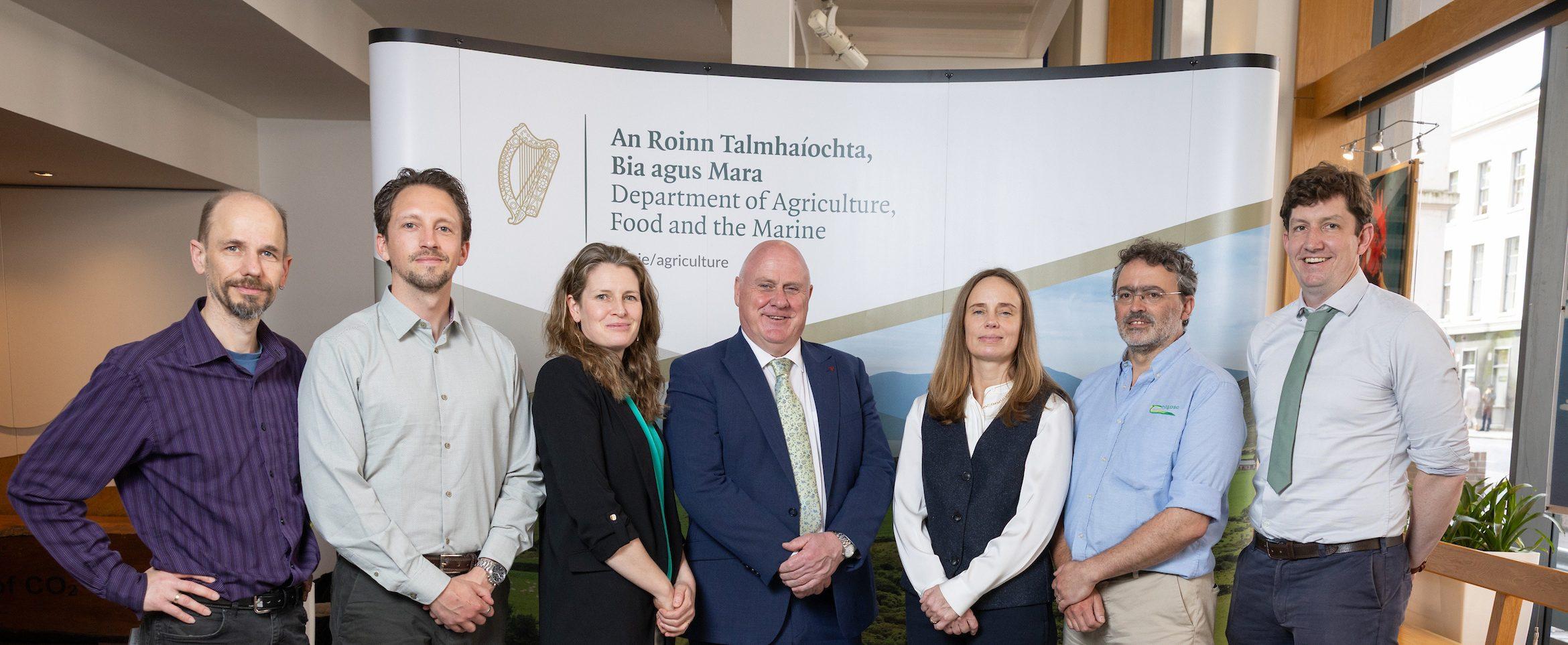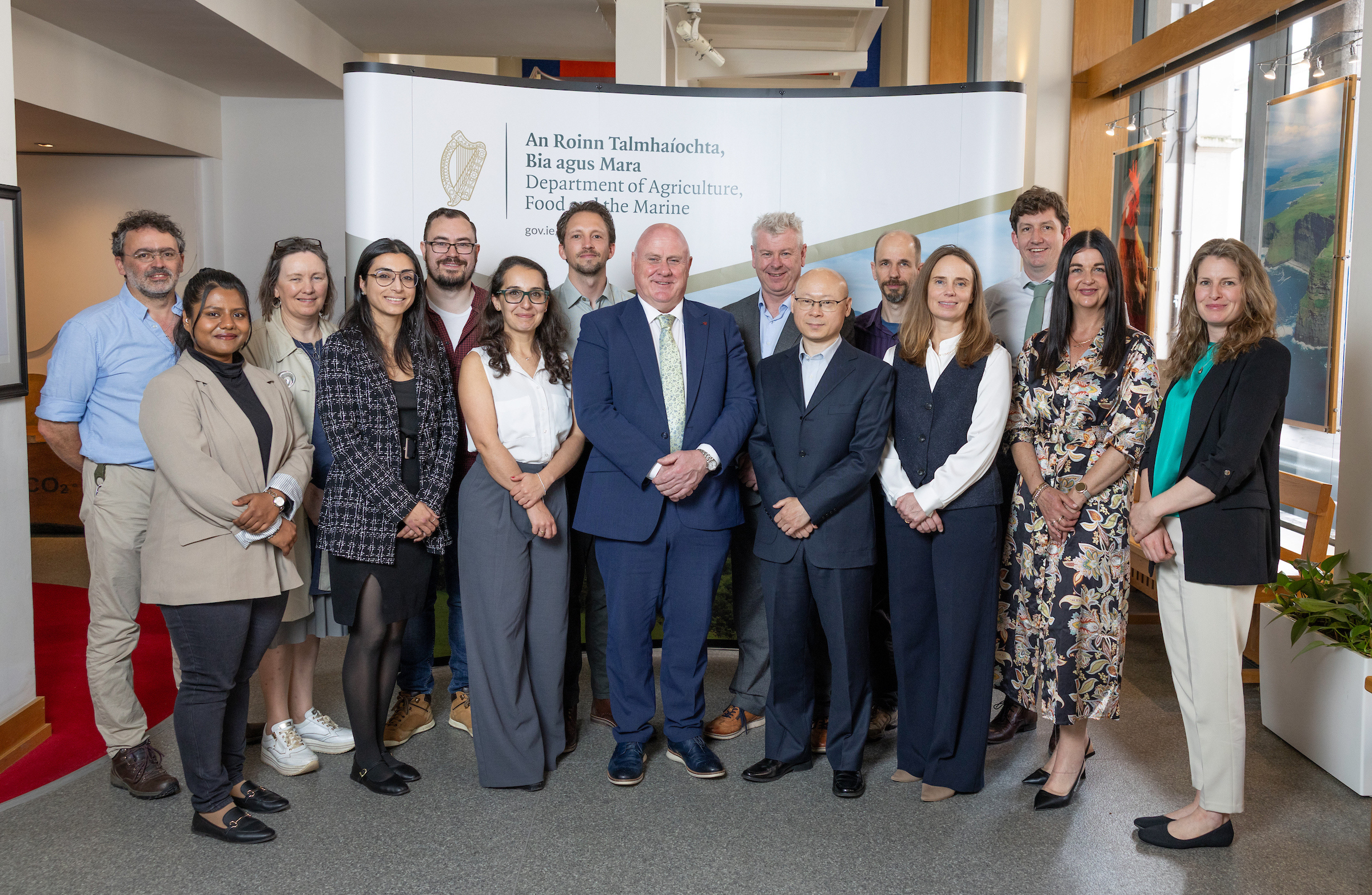South East Technological University (SETU) has been awarded €224,508.10 in research funding by the Department of Agriculture, Food and the Marine (DAFM) to lead the Irish contribution to EcoFABULAnds – groundbreaking international research initiative promoting sustainable, resilient landscapes through agroecological innovation.
EcoFABULAnds is a co-funded programme, with financial support provided jointly by national funders in participating countries and the project’s own consortium. In Ireland, DAFM has provided SETU with the full national funding contribution to advance this important work.

Dr Imelda Casey, a researcher at SETU, is the lead co-ordinator for the Irish element of the project alongside Micheal O’Grady at UCD. The team is also supported by Sam Browett, and also involved are John Geraghty and, Ultan McCarthy, and will be supported by local enterprise initiatives. Their work will focus on identifying and implementing best-suited agroecological practices, redesigning agroecosystems, and supporting the transition to more sustainable food systems.
The initiative also aims to explore how successful solutions can be mainstreamed into national and European agrifood governance structures. Teagasc, who provide partial funding, will be supervised by Dr James Humphreys and Dr Laura Boyle. Dr Imelda Casey is part of the Department of Land Sciences and a member of the Eco-innovation research centre at SETU.
The Irish Living Labs will be based in the south-east of the country. It represents a unique collaboration of multi-stakeholder groups engaging with an agroecological approach to farming. Recent activity includes the co-writing of a powerful manifesto for resilient food systems and the development of a community-led portfolio of nature-based innovations to support transition to thriving futures.

“SETU is proud to lead Ireland’s involvement in this ambitious, cross-European effort,” said Dr Casey, “By working alongside communities and stakeholders in the south-east, we are helping shape resilient, inclusive, and ecologically sound approaches to food and land use. This is research with strong regional roots and global relevance.”
Across Europe, each EcoFABULAnds Living Lab tells a distinct story of innovation and adaptation:
- In Berlin-Brandenburg, the focus is on strengthening urban-rural linkages to address land competition between food production and urban expansion.
- In South Hungary, efforts are revitalising traditional horticulture and orchards to counteract food deserts and enhance landscape biodiversity.
- In South Tyrol, organic farming and the sustainable use of traditional medicinal plants are helping preserve cultural heritage while responding to climate change.
- In Cyprus, circular production-consumption models are being trialled to promote sustainable agriculture through bio-based transitions.
By empowering local initiatives and embedding them in governance frameworks, EcoFABULAnds is supporting a bottom-up agroecological transition across Europe. SETU’s involvement further reinforces the university’s commitment to sustainable development and regional impact, aligned with national policy and the European Green Deal.


